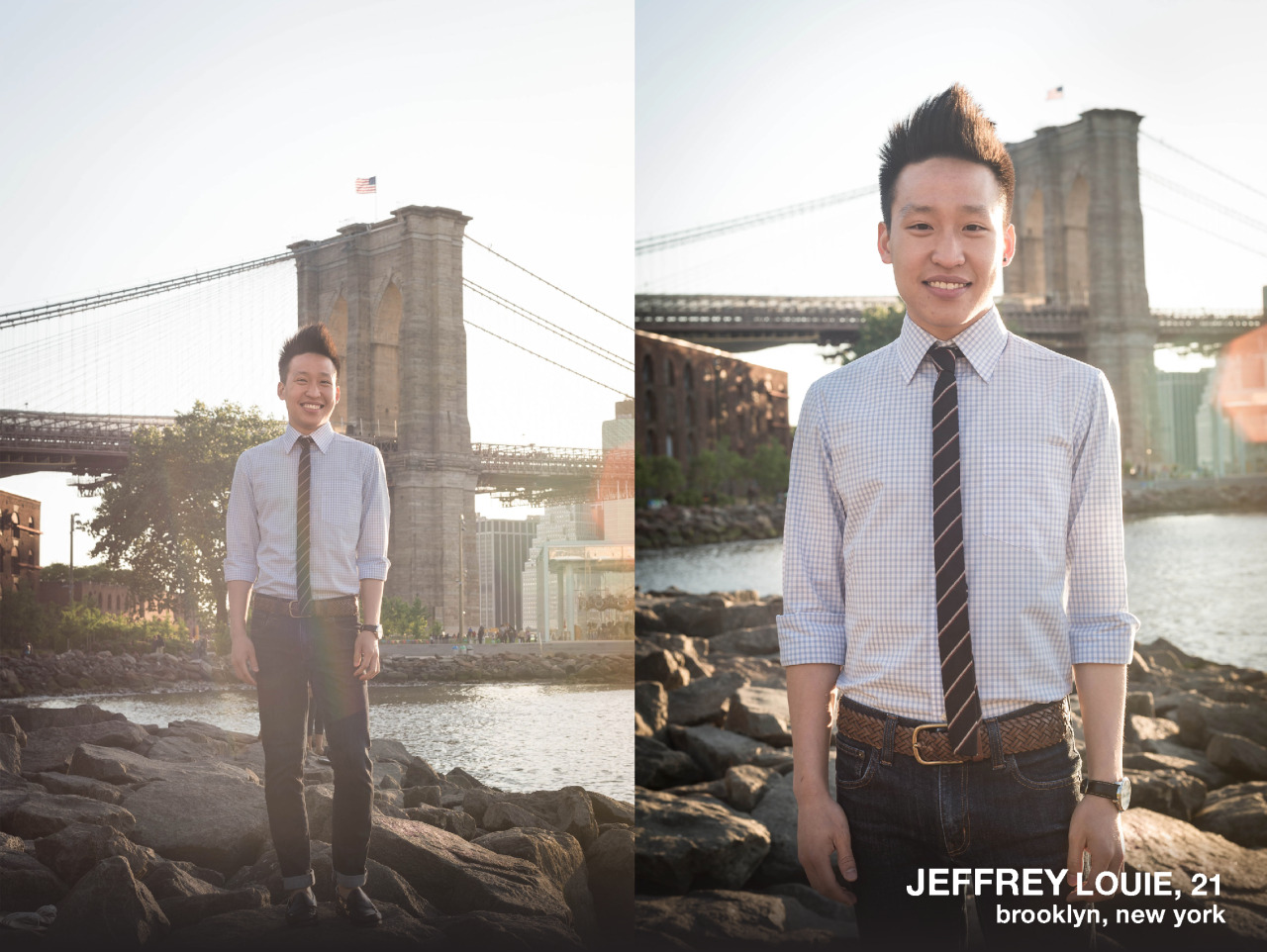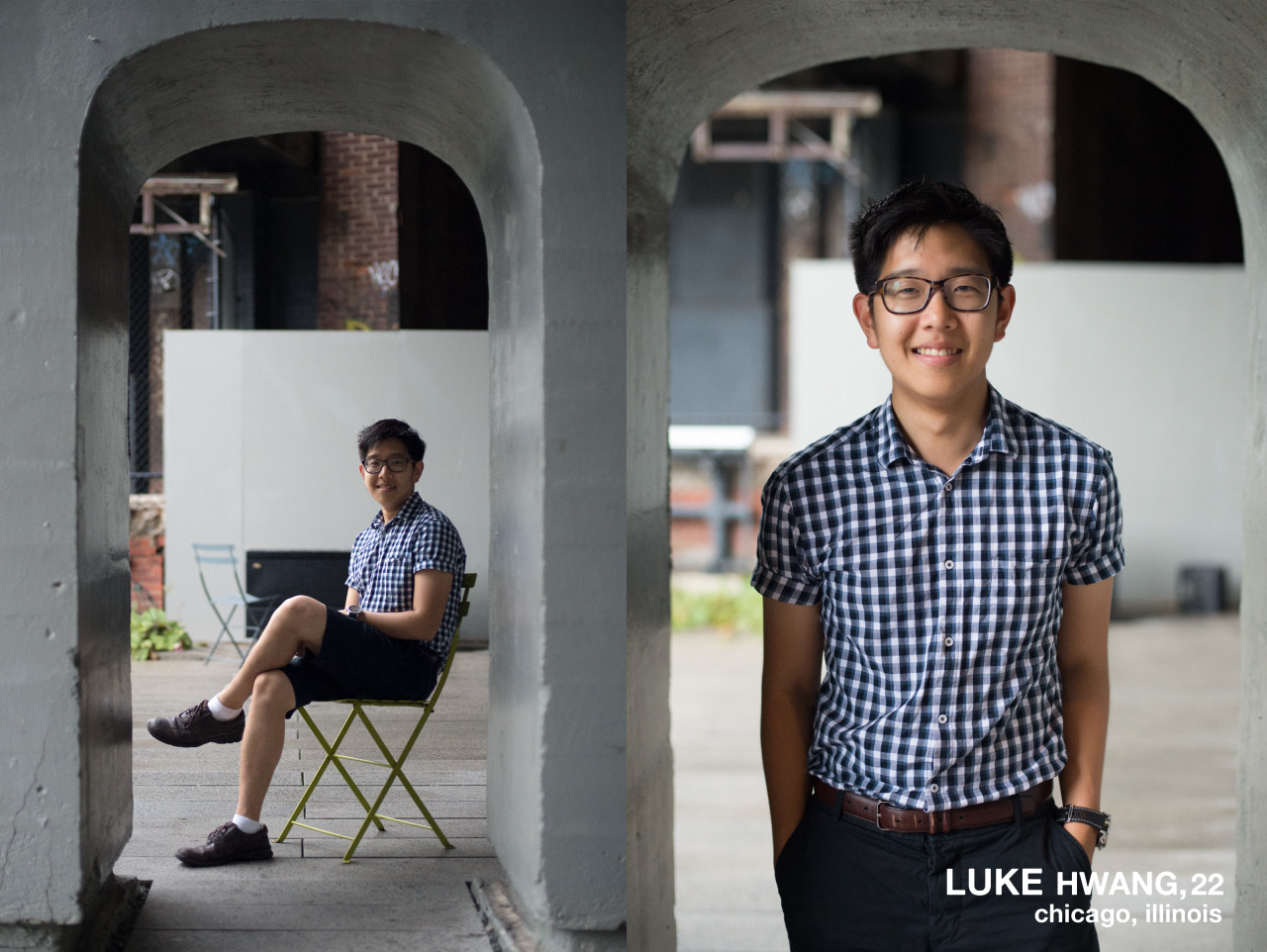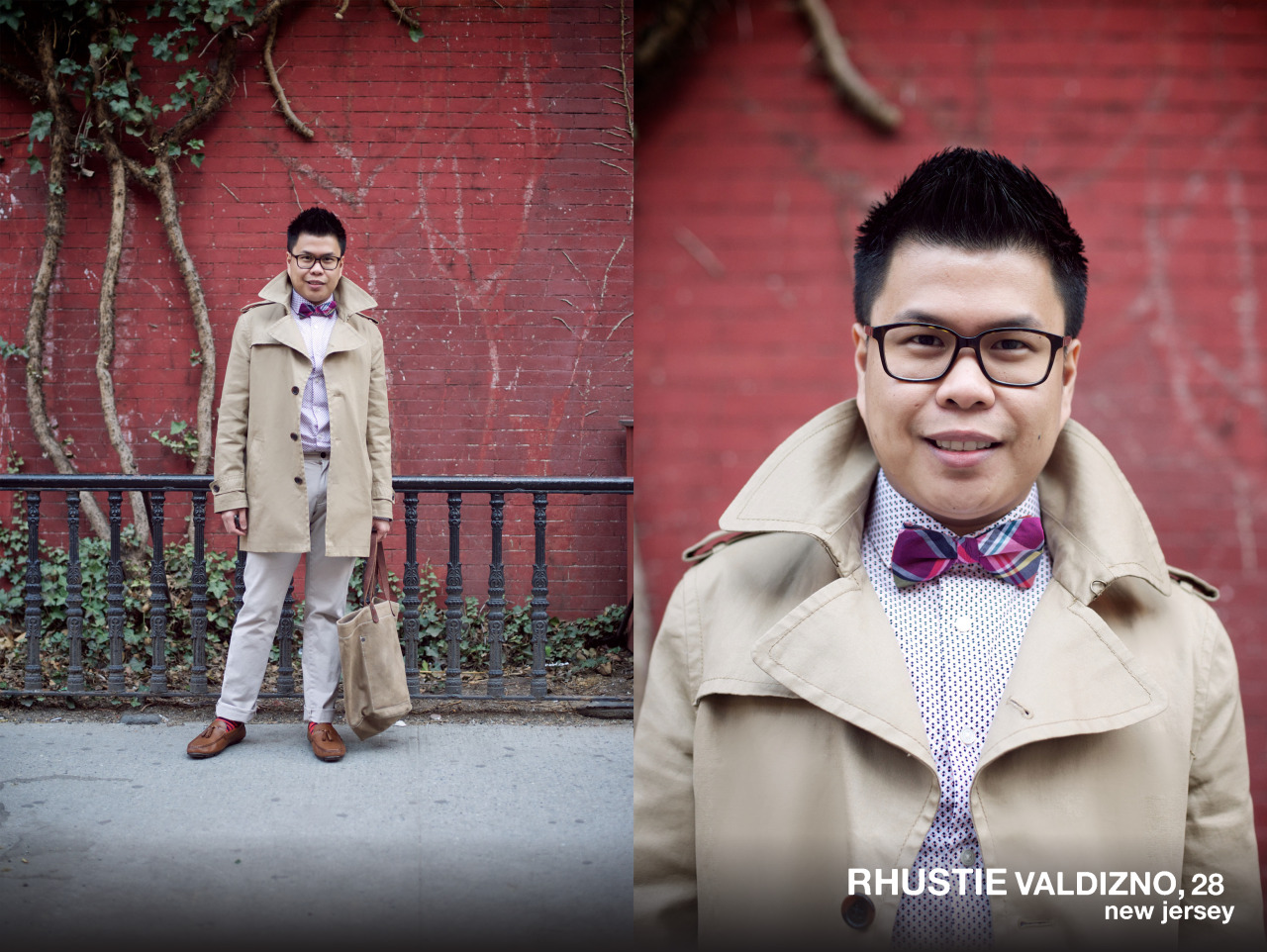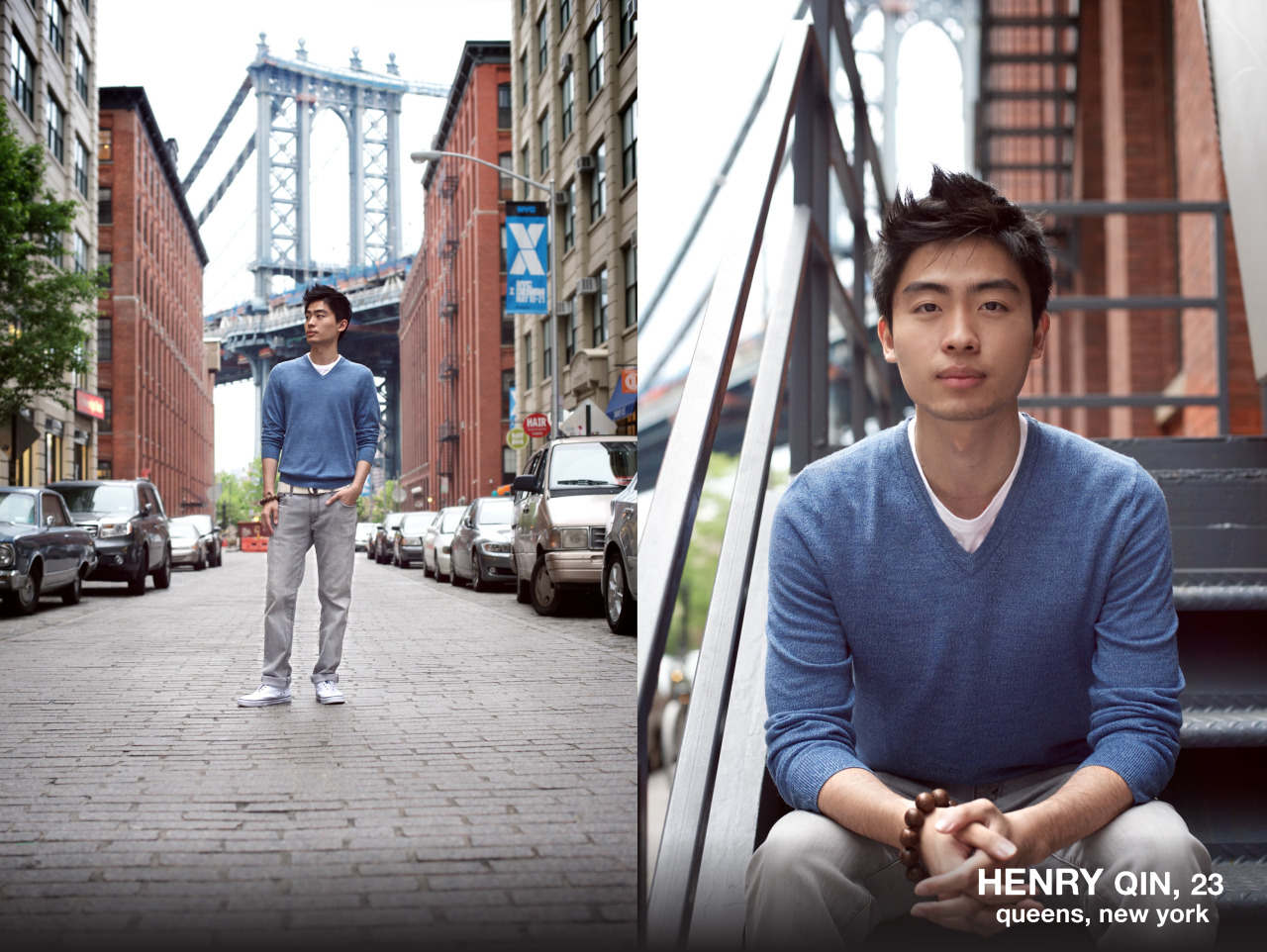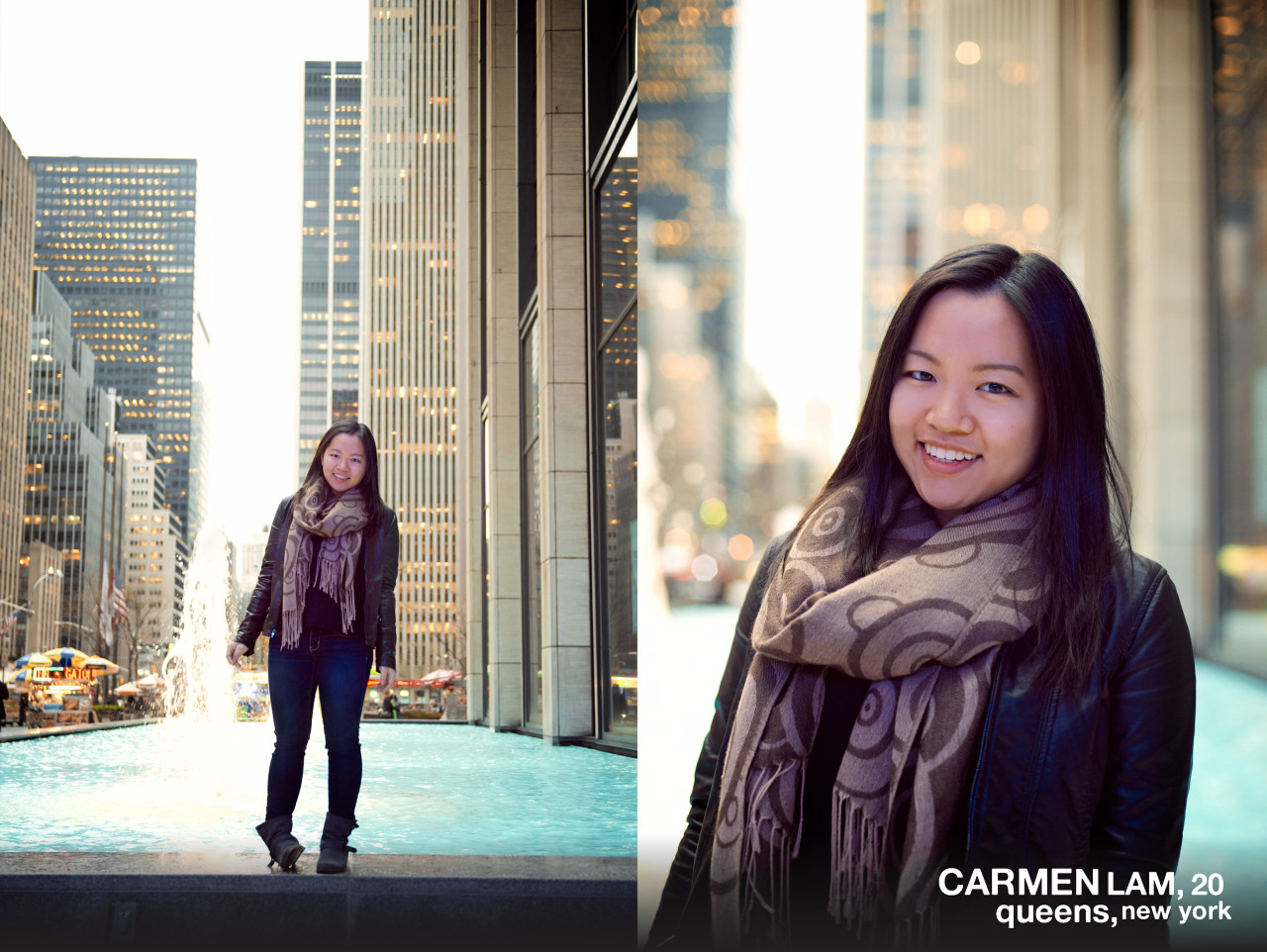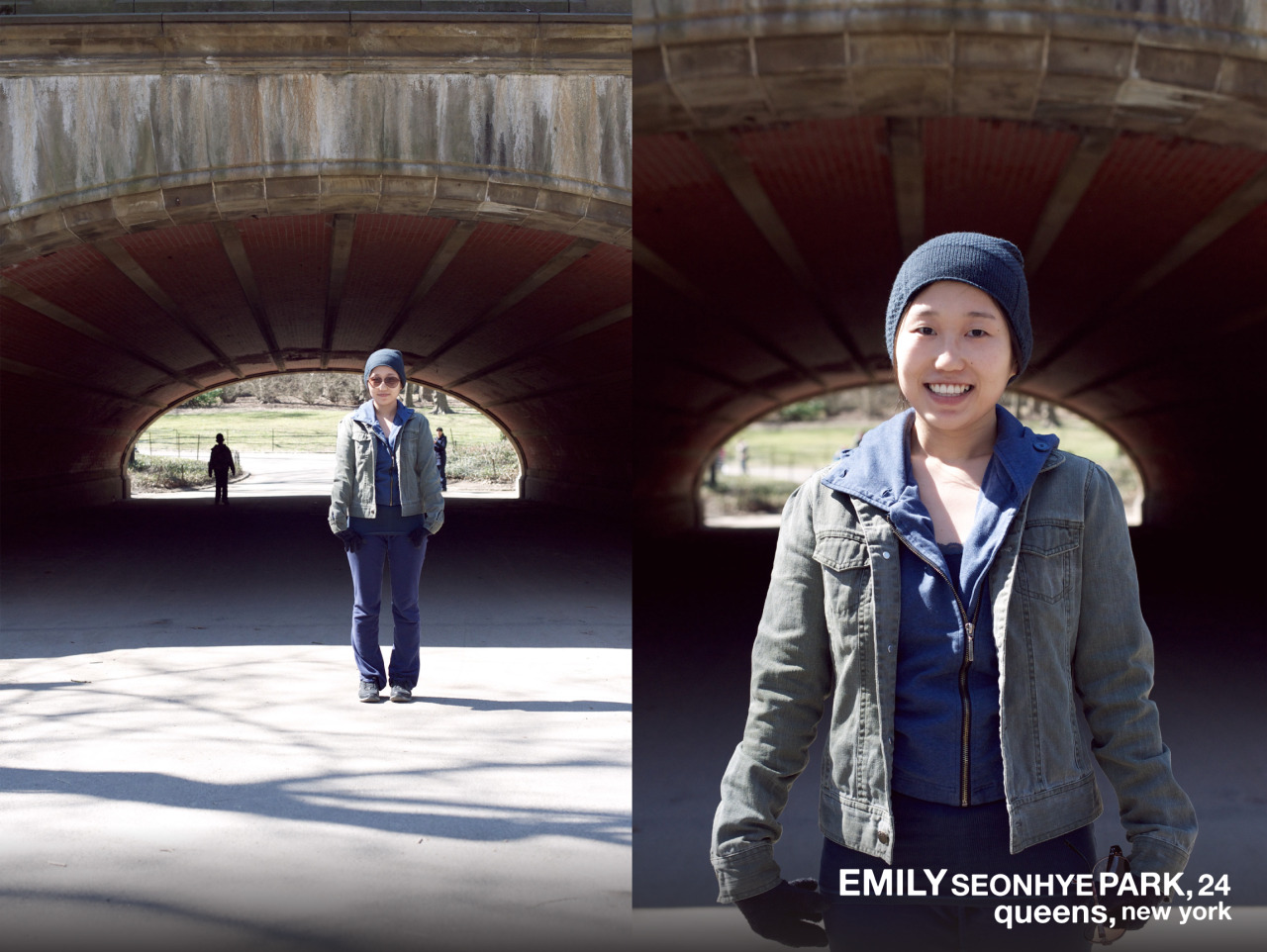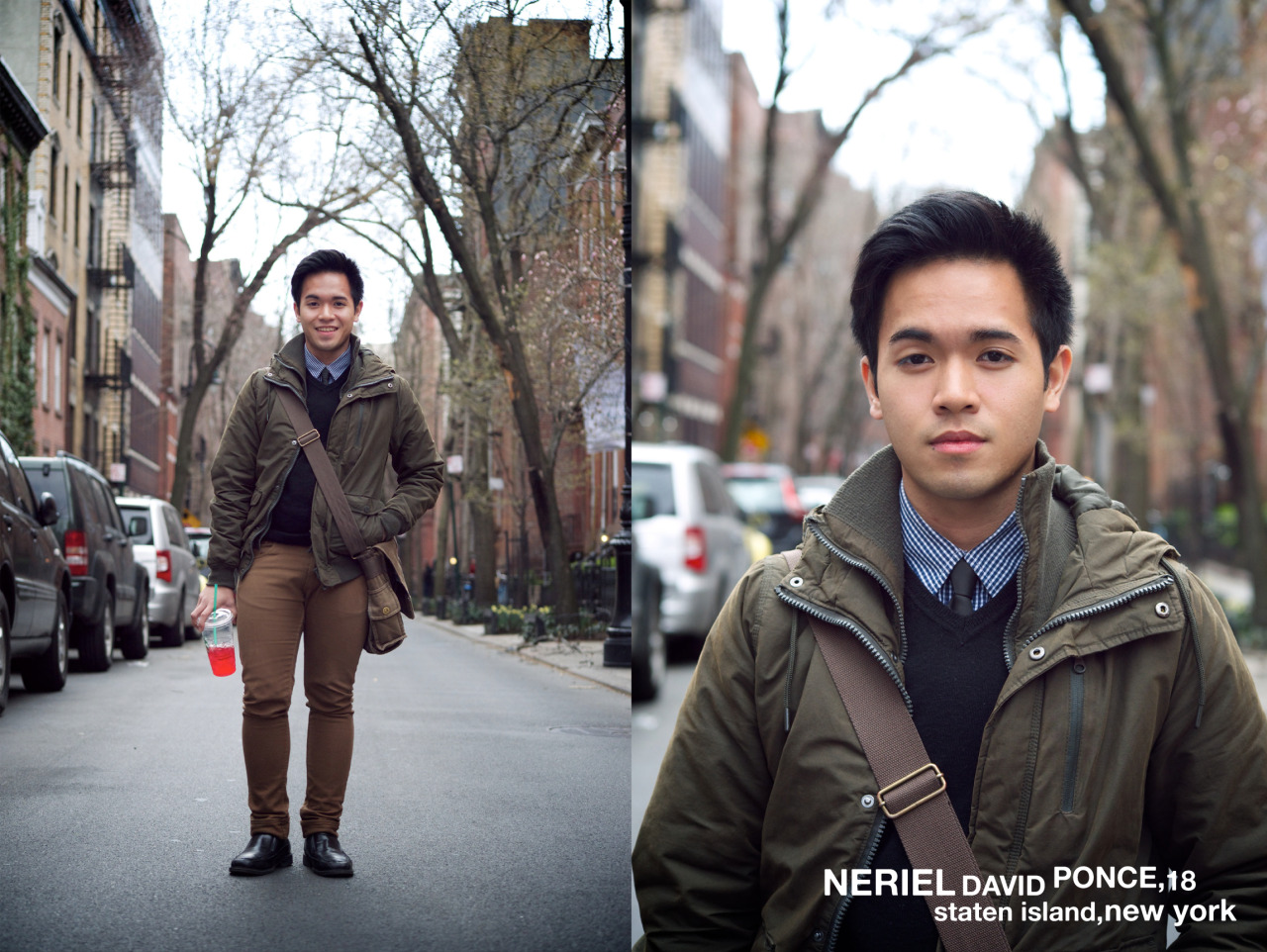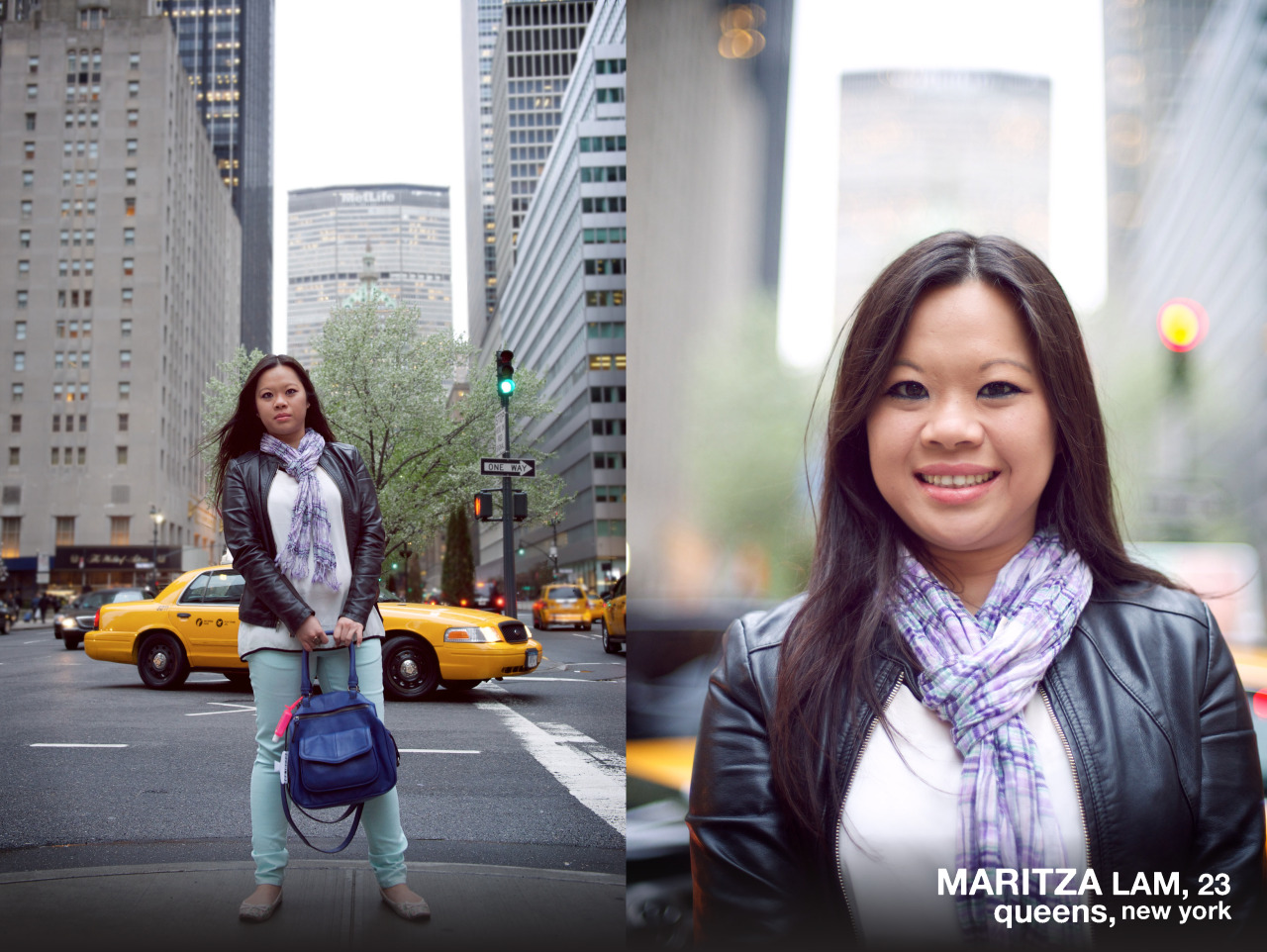-
Me: “So, what are you hoping to do after college?”
Jeffrey: “Graphic design. You know…if I can get hired!” (laughs)
-
I have been undocumented since 2002, the year I left South Korea with my family after the late 90’s financial crisis. My parents began working in a dry cleaning store (a “seh-tak-so”), where my mom was denied pay for at least a month under the excuse of “learning how to do the job.” That year, a lawyer who promised green cards for all of us turned out to be a scam, and we were left undocumented.
-
People and society itself refer to me–to us–as a hopeless case. Someone who doesn’t fit in, someone who can’t be heard, and someone who no one sees but a mere shadow. It seems like the only option is to give up, but I will never give up my American dream. Last year I applied for DACA, and I went back to college, hoping to become a doctor someday. That hope is at hold until our leaders in Washington decide. Now, I am coming out from the shadows and I am unafraid. Unafraid to be heard, unafraid to be seen.
-
I struggled with my English in middle school. I was constantly made fun of because of my lack of vocabulary as well as my inability to respond to conversations. One instance I remember clearly was one of my classmates stabbing me with his pen–I was not able to tell the teacher. I gradually befriended the Webster Dictionary and cartoon characters through those tough years. In high school, I realized my dream was to work in the health field, to become a doctor; thus, I decided to dedicate my time and energy at my community hospital. My status finally hit me when I tried to volunteer at the hospital. I was denied volunteering when I could not provide my social security number in the application. The worst part was the fear–that the hospital would send someone after me.
-
I graduated from elementary school and middle school without having any idea of being undocumented. Then, my high school years began. During those years, my school decided to enroll some students to take college classes at a nearby college. I was one of those students. I remember how, in the application, there was a part where we had to fill in our social security number. I didn’t know whether or not I had one, until my older sister informed me. Even though I didn’t have a social security number, I never considered myself to be undocumented…until I realized I couldn’t do certain things my other friends where doing, like travel. I couldn’t go visit my grandparents, couldn’t drive, couldn’t get financial aid for college.
-
-
By the end of my high school years and the years of college, supposedly the happiest and most memorable times of one’s life, I had nearly broken under the weight of my undocumented status. I lived in this invisible bubble, screaming inside “please, someone save me”.
-
I lived my early years thinking I was like my peers, an American. I assimilated into this country’s culture, picking up the language quickly without a trace of a Filipino accent. It wasn’t until the end of my sophomore year of high school did my life start to fall apart. I found out limitations against me and privileges I would be denied.
-
It was time for college applications, and I found that I couldn’t apply for financial aid because I didn’t have a social security number. The only way to afford paying for my tuition and to help my parents with their needs was by working hard, and so I did, but unfortunately I couldn’t stay in college, since tuition kept going up. So I decided to keep working and helping my parents pay the bills.
-
With immigration reform, many like me will be able to achieve their dream of integration, mobility, and safety, not just for DREAMers like myself, but also for people like my father, who was exploited by his employer because of his status. I intend to actively share my stories to encourage more of us to take care of one another, to bridge individual histories and transform them into a collective future.

